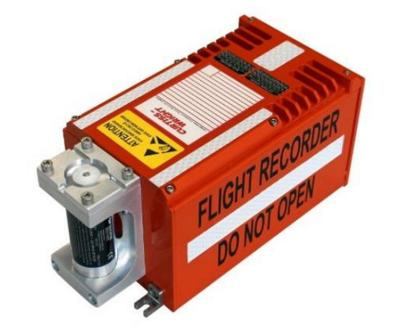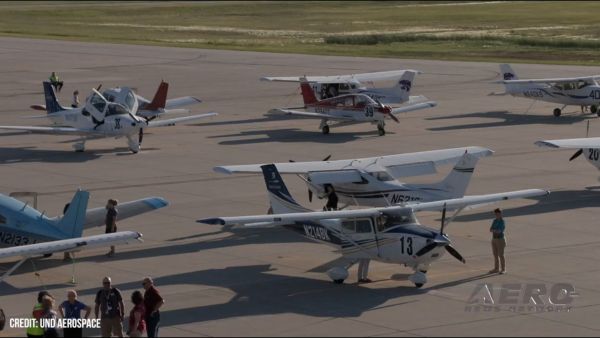Thu, Feb 15, 2024
Advertisement
More News
 USCG MH-60 To The Rescue (Again) -- Rescues 4 Boaters
USCG MH-60 To The Rescue (Again) -- Rescues 4 Boaters
Capsized Vessel Located Near Dauphin Island, Alabama The Coast Guard rescued four boaters after their vessel capsized near Dauphin Island, Alabama, Thursday. Coast Guard District E>[...]
 Gray Eagle Order Placed for Army National Guard
Gray Eagle Order Placed for Army National Guard
Reserve Components Looking to Improve In-House General Atomics Aeronautical Systems announced a fresh order for a dozen Gray Eagle 25M UAVs with accompanying equipment, for fulfill>[...]
 Aero-Biz Survival 101 (1120a): Expert Ideas To Help You Through Tough Times
Aero-Biz Survival 101 (1120a): Expert Ideas To Help You Through Tough Times
Brand New! Avoid The Need For A Comeback... Get Your Marketing Right, Right Now! Some time ago, the Aero-News Network, responding to numerous requests, established a marketing and >[...]
 Airborne 06.03.24: Rotax 915/916 SB, Starship 4 Ready?, B-17 Mementos
Airborne 06.03.24: Rotax 915/916 SB, Starship 4 Ready?, B-17 Mementos
Also: Hubble On Pause, FedEx Pilots Picket, Nexus eVTOL, VFS Honors The Rotax folks have published a Service Bulletin after issues were noted that may affect all R915i and R916i se>[...]
 Mid-Continent Instruments and Avionics Mourns Former Leader
Mid-Continent Instruments and Avionics Mourns Former Leader
John W. Winter of AEA and Avionic Fame Passes John W. Winter brought Mid-Continent Instrument Company into the modern era in 1980, purchasing the firm and using it as a base for ex>[...]
blog comments powered by Disqus




